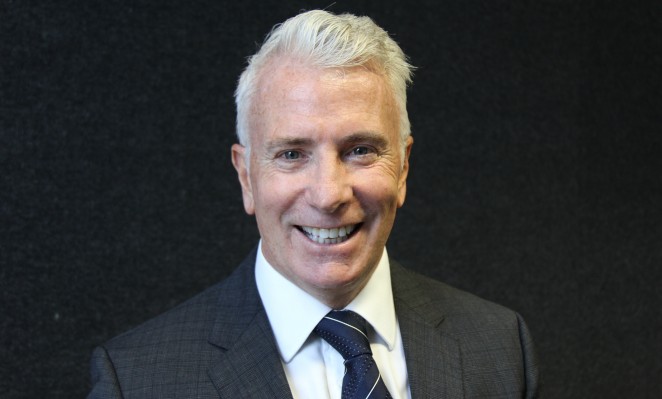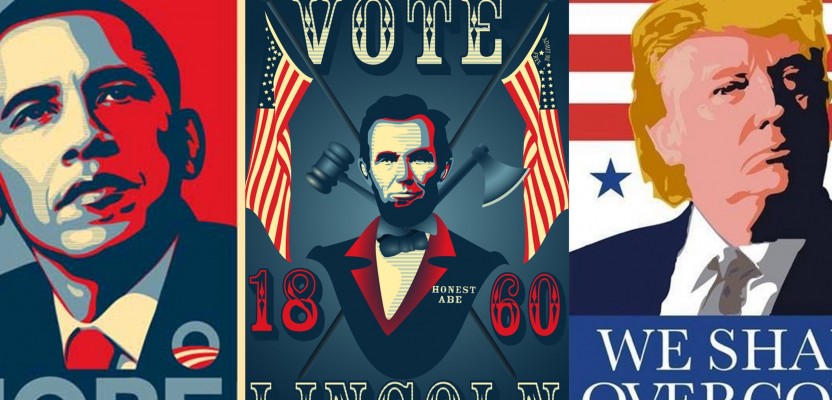A new report from J. Walter Thompson’s Innovation Group is making sense of the impact politics has on consumers and consequently, the brands chasing them. Launched exactly one week before the 2016 US Presidential Election, and just four months post-Brexit, “The Political Consumer” confronts a new world where hot-button topics are difficult to sidestep and where more consumers are choosing sides and watching where brands stand. It aims to ask not only why are we suddenly so politicised, but how do brands navigate today’s hyper-politicised landscape? “The Political Consumer” looks into the economic, technological and cultural factors that are crucial to answering these questions and ties in original data from a survey of 1,001 US consumers conducted by SONAR, the proprietary research unit from J. Walter Thompson Intelligence.

Key findings from the report include:
-
Live video on social media, despite being a very new medium, comes in second in importance as a source of political news for both of these groups, at 51% for Generation Z and 56% for millennials.
-
60% of the public say they generally trust political content from brands on social media – far more than they trust online political content from celebrities (45%) and politicians (41%).
- 39% of millennials say brands should play a larger role in politics, and 51% say they appreciate when brands take a political stance in their advertising.

Lucie Greene
Lucie Greene, Worldwide Director of the Innovation Group, said of the new report: “In an atmosphere of extremes, we’re seeing a rising politicised consumer who is viewing the world in a new light through the lens of their personal circumstance and vocally questioning brands, institutions and platforms; propelled by social media, live video and digital platforms. The Political Consumer charts this cultural shift, exploring the digital media sphere and how brands can navigate the political consumer landscape.”

The report arrives just a week after new research was unveiled by J. Walter Thompson and Forethought, the services marketing research company, which was gleamed from surveying over 3,600 US people on the subject of political advertising. It found that political ads (even those with positive messages) generally generate negative emotions in consumers who have a difficult time compartmentalising these feelings, creating a negative “hangover effect” on how people then consume subsequent brand advertising. Indeed, brand advertising is perceived 32% less relevant, 29% less entertaining and 27% less appealing when it follows a political ad. This impact also goes beyond just how consumers perceive a brand’s commercial, it actually negatively impacts the perception of the brand and product overall: Brand reputation takes a 34% hit, perception of product value declines by 32% and product quality perception drops by 24%.

Ken Roberts
Mark Truss, Global Director of Brand Intelligence, J. Walter Thompson, said of the research: “It brings to light a couple of very interesting and surprising truths, firstly even political advertising with positive messages (about candidates’ background, vision, qualifications, etc.) generates negative emotions in consumers. And secondly, the negative priming effect holds true even for very product-specific attributes such as taste.” Ken Roberts, CEO of Forethought, added: “The big talk in media buying today is programmatic buying. These findings confirm that when it comes to media placement a brand will be known by the company it keeps. Consumers do not partition how they assess individual communications. My brand ad follows your loud political ad and my positive message gets lost. This has a profound detrimental impact on evaluations of subsequent brand advertising, of the brand itself, and ultimately, future purchase intent.”






